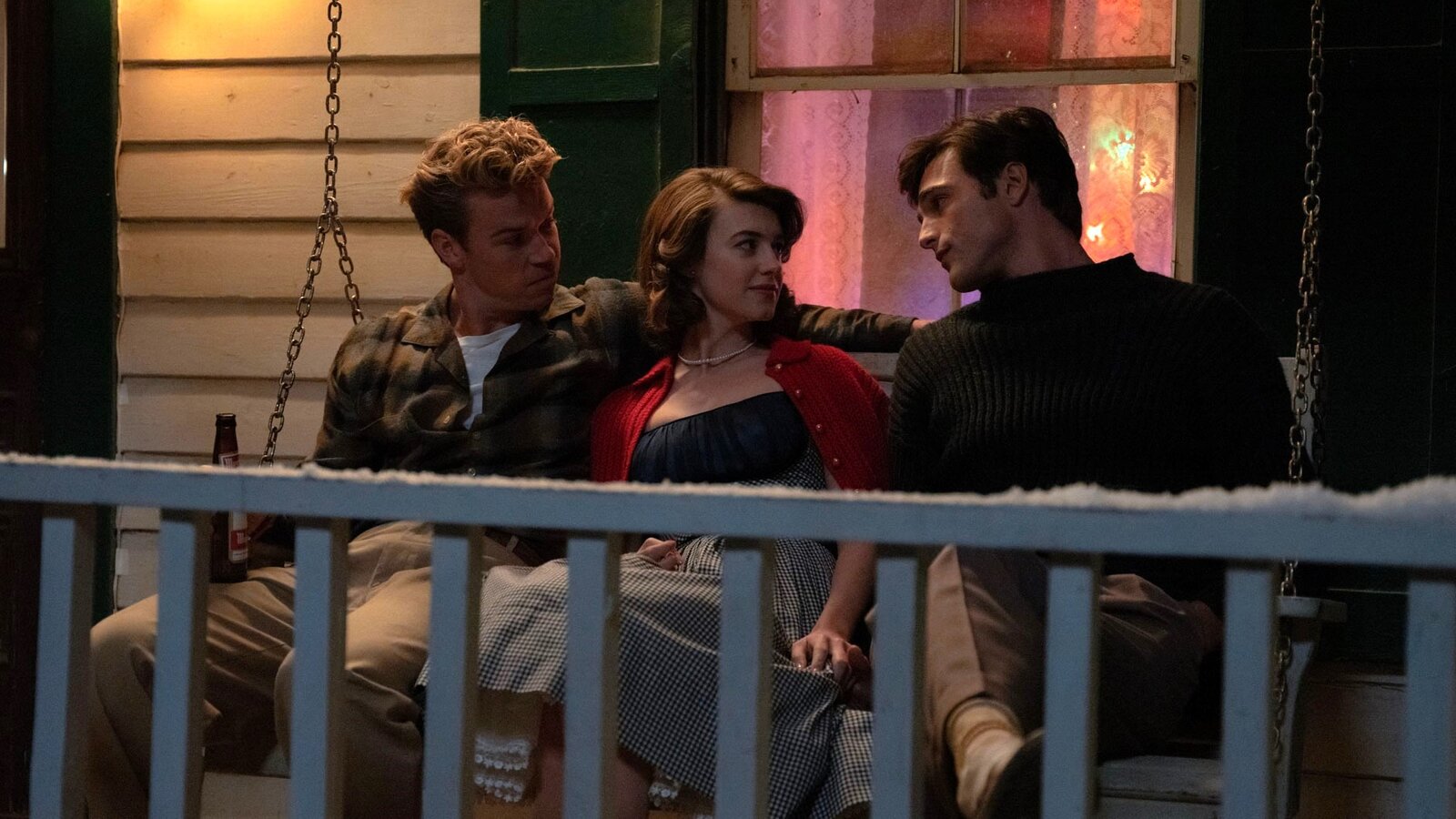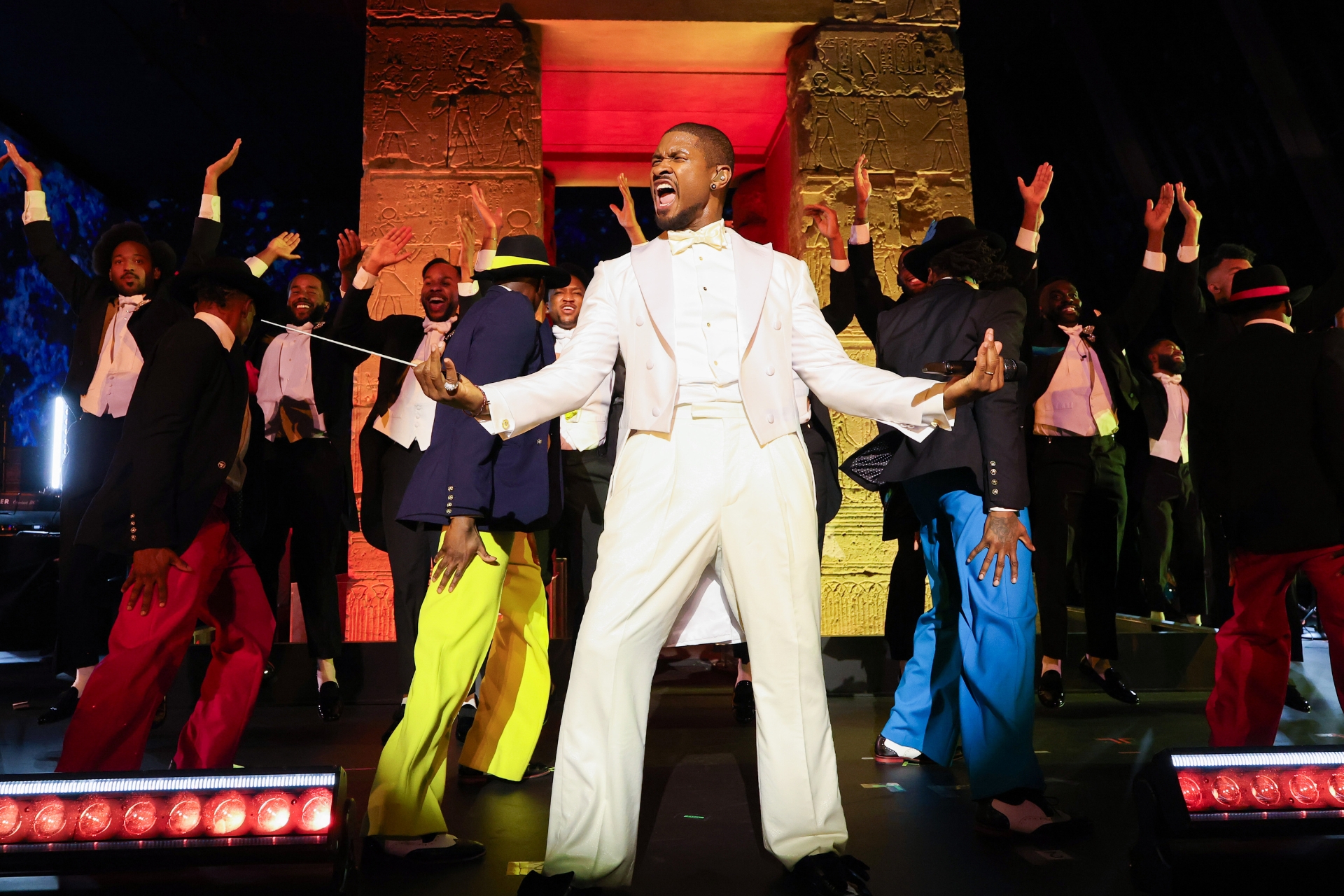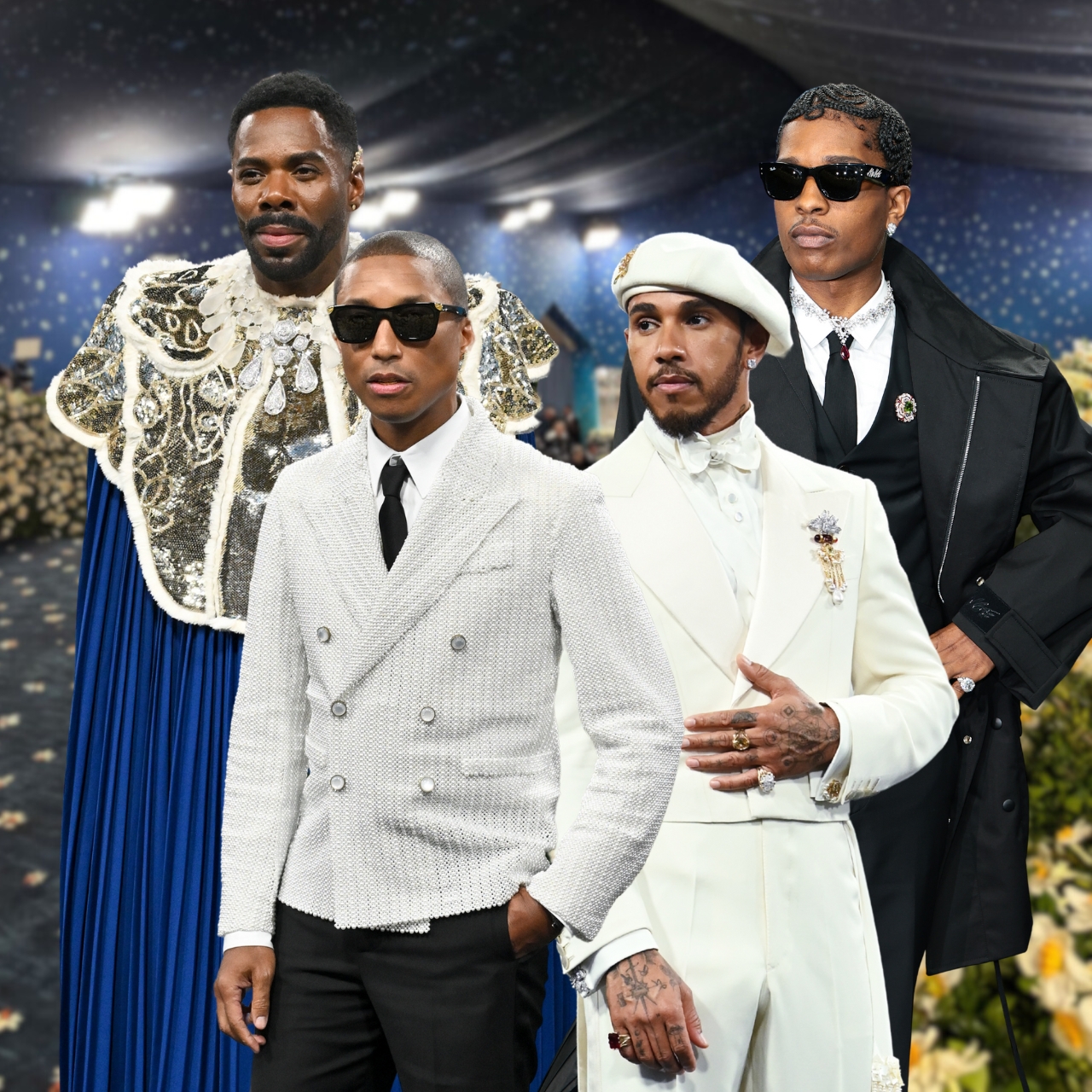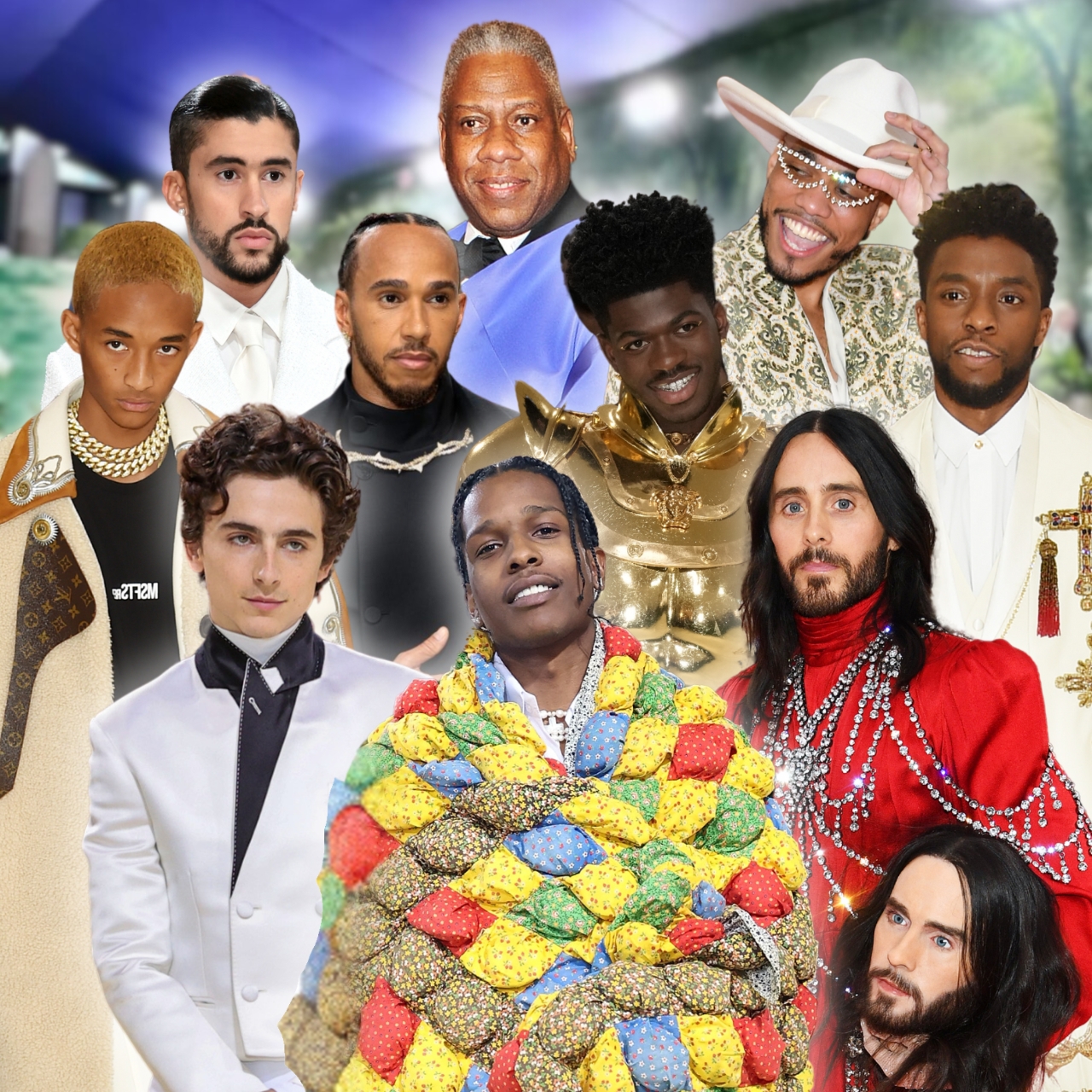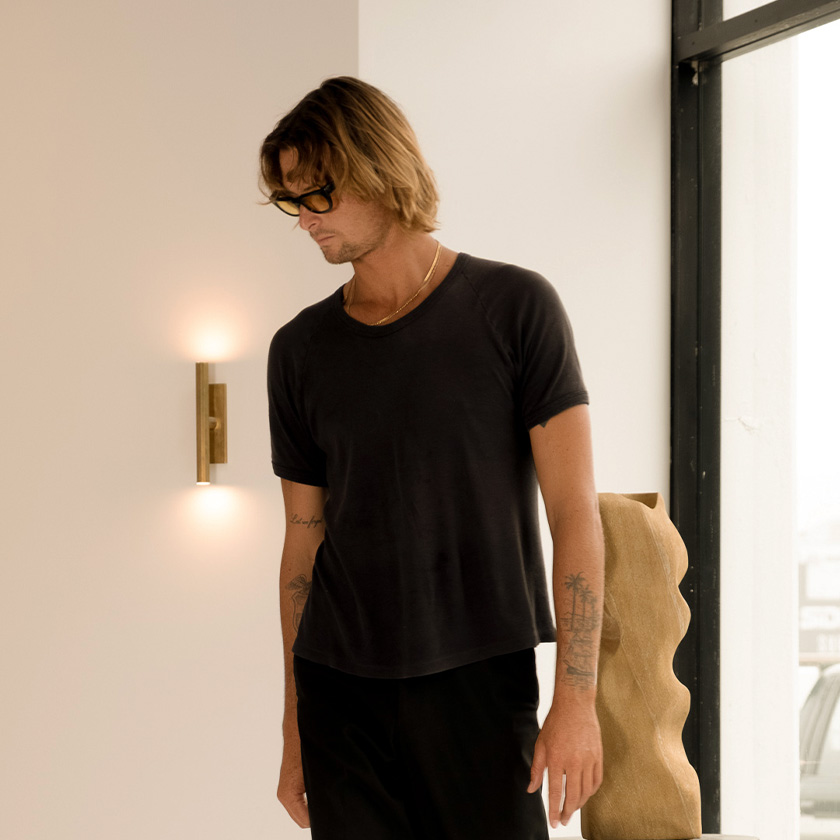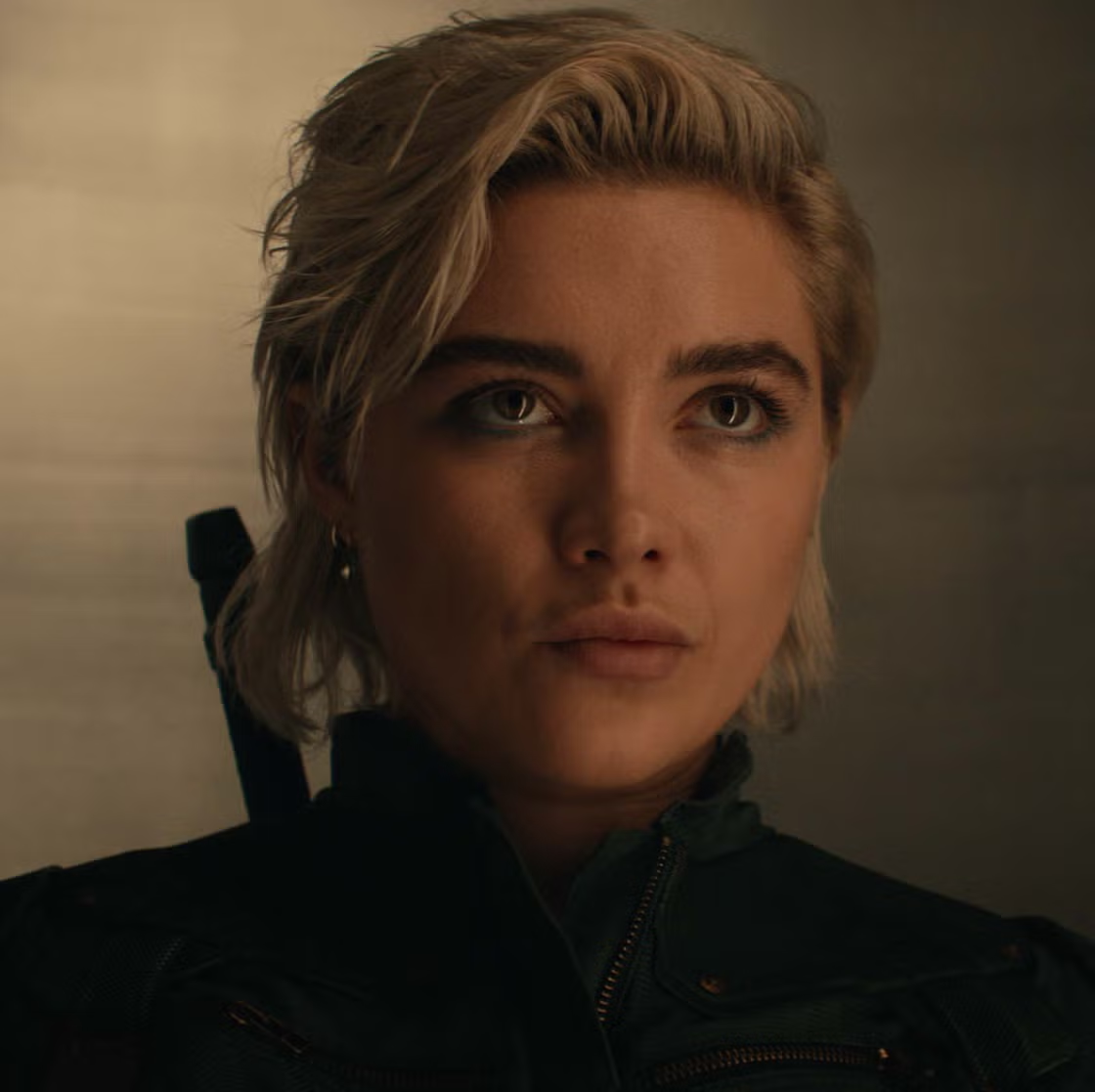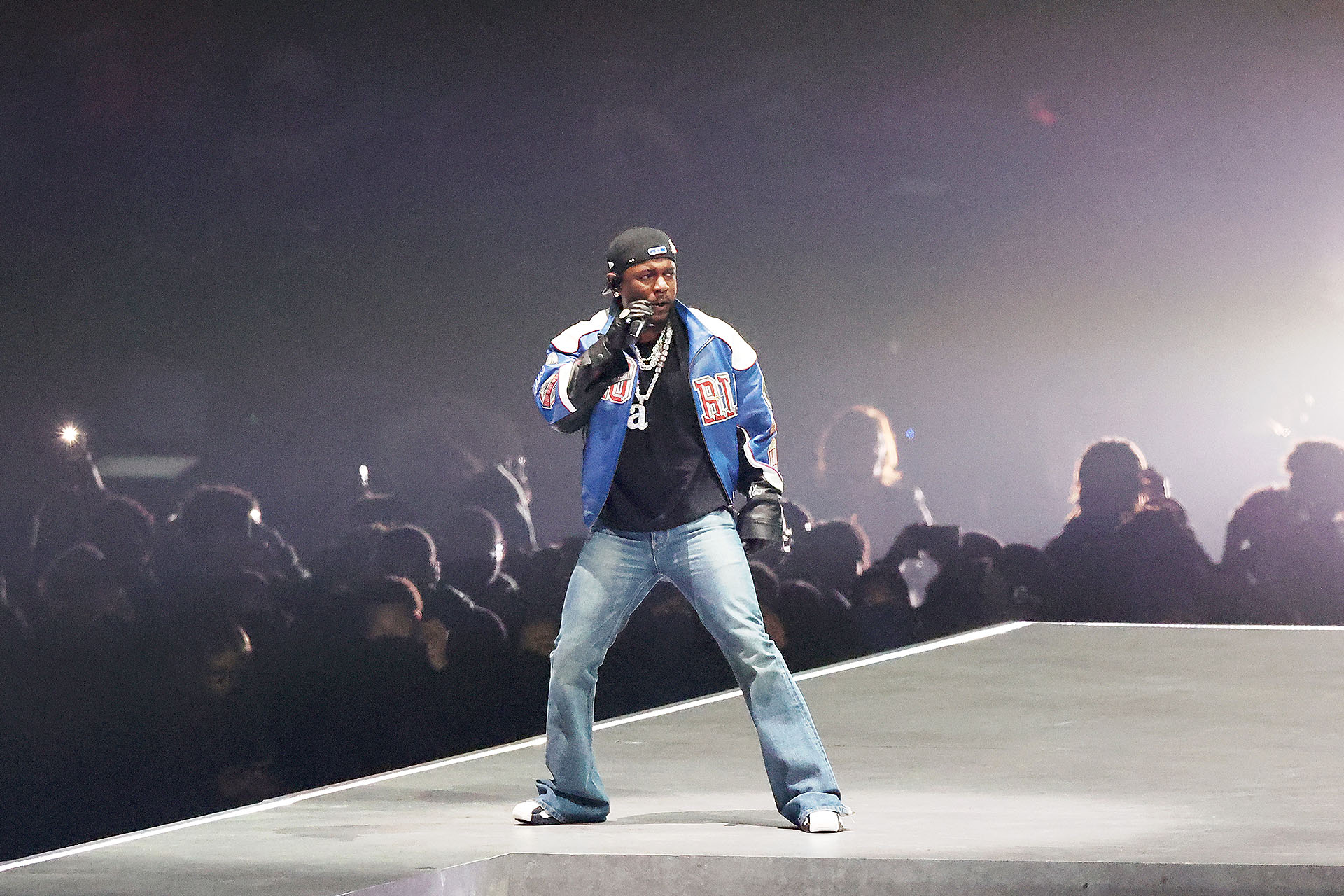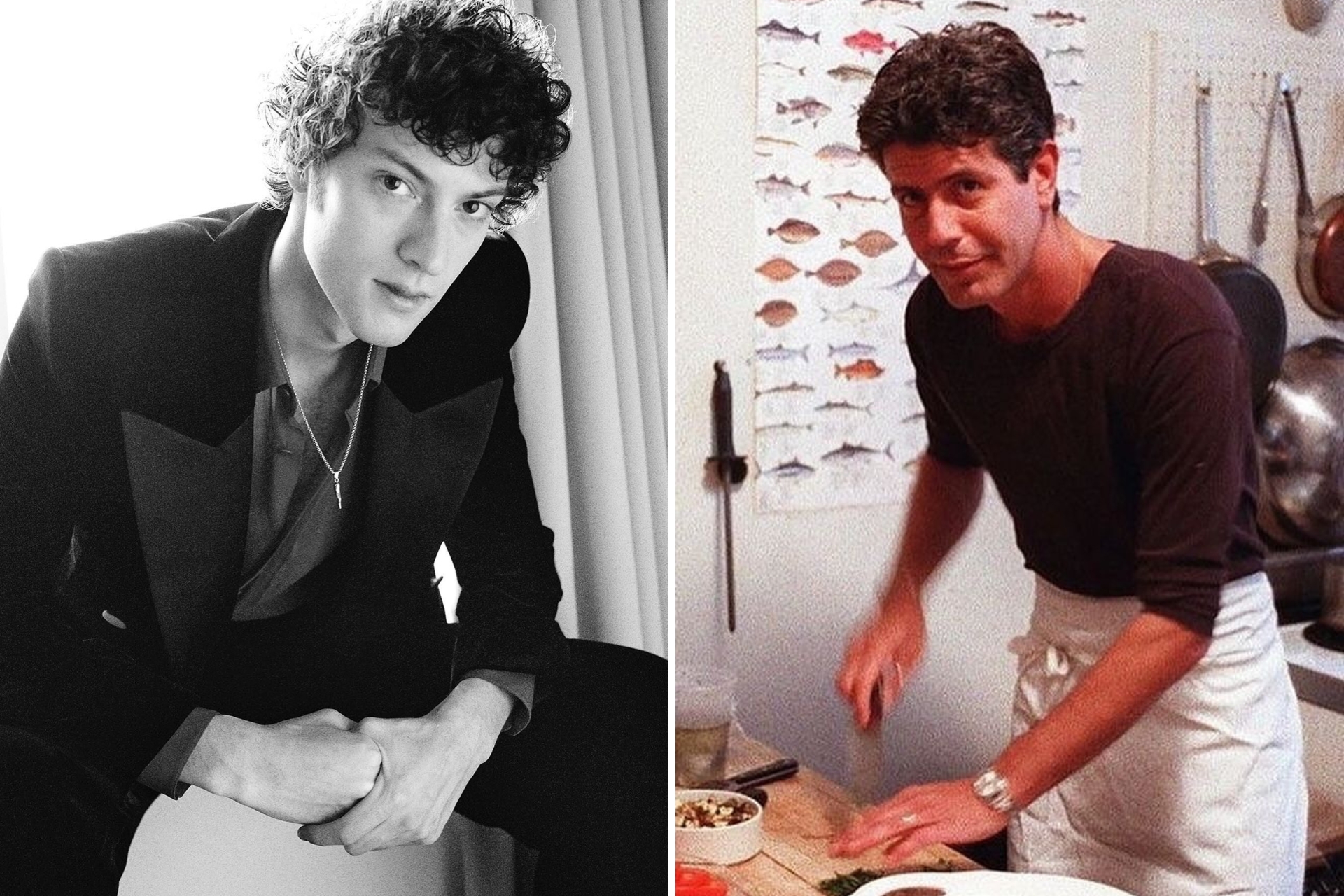Before multi-hyphenism became the norm, there was Ta-Ku
Esquire speaks to the Perth-based musician, photographer and creative pioneer ahead of the release of Songs To Come Home To.

FOURTEEN YEARS into his music career, Ta-Ku is releasing his debut album. “It doesn’t seem correct, but it is,” says the artist with a chuckle. “All of my previous stuff has either been EPs, or mixtapes… like, Songs To Make Up To was 8 tracks long—which would probably pass as an album these days. But seven years ago that was still considered an EP.”
For millennials who spent the 2010s listening to ambient hip-hop produced in bedroom environments, there’s a certain sense of nostalgia attached to Ta-Ku’s music. He released his first mixtape, Different Spaces, in 2009. Ta-Ku, whose full name is Regan Matthews, contacted all 17 of the featured artists through Myspace; it was a workflow born out of necessity, as Ta-Ku was based in Perth, thousands of miles away from progressive music epicentres like London and New York.
“Back then, Perth was pretty isolated. So if you wanted to catch up with likeminded people, especially in the hip-hop scene… MySpace was the only option,” explains the musician. “The whole theme of the album was people in different spaces, coming together to work on this thing.
“I think I’ve always been a big collaborator. I definitely know that music can be better the less I’m touching it—or like, the more I can collaborate with people who I admire and love, I just think you just make a much richer end product.”
A string of releases that saw the musician experiment with style and form followed (among them, a melodic tribute to American producer J Dilla), but it was the 2013 mixtape Songs To Break Up To that saw Ta-Ku transcend bedroom producing circles to receive recognition from the wider music industry and, of course, fans.
With song titles like ‘I Miss You More’ and ‘Healing (I Hope You’re Well)’, Songs To Break Up To formed a floaty, melancholic soundscape that captured the liminal space between heartbreak and healing. Ta-Ku wrote it from a place of personal experience, a boundless well he also drew from for his follow-up EP, 2015’s Songs To Make Up To. Both bodies of work were credited for dismantling conventional genre boundaries, something which, although far more commonplace today, was radical a decade ago.
“I kind of cringe now, because I remember ‘genre killer’—I said that a lot,” he recalls. “I think I had a chip on my shoulder in terms of like, I should be able to create whatever music I want. I just always had this sense of confidence—which was maybe unreasonable—in terms of doing what I wanted to do.”
Then, following the launch of Songs To Make Up To, Ta-Ku hit the wall most prolific creatives find themselves up against at one stage or another. The beats weren’t flowing like they used to, so he picked up a camera, developed an obsession with photography and, a few years later, became the co-founder of a digital creative agency, collaborating with major global brands like Nike, Red Bull and Apple.
But eventually, the urge to make music crept back in.
“Music was definitely my first love. After eight or so years… I was just starting to feel the itch again. And I was writing music throughout that whole period, just in very sporadic ways.” About a year ago, Ta-Ku decided it was time to create something that meant something—not just to himself, but his loved ones and fans.
“I wanted to show people where I am in my life right now, and the journey I’ve been on since I first started making music. Yeah, it was pretty big for me.” And so the third record in his Songs To series, Songs To Come Home To, was born. “I always thought that it would be cool to just wrap it up in a way that wasn’t so led with, like, emotional damage. Not everything is about finding love, or breaking up. Sometimes in life, it’s just about who you are. And like how you feel as a human being.”
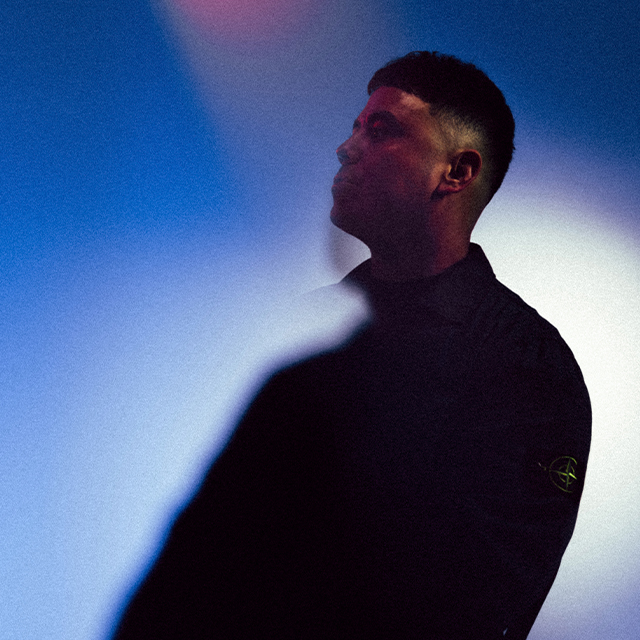
Just like the intertubes, Ta-Ku’s list of collaborators has evolved from niche, early-career rappers to Australia’s most exciting musicians and the world’s biggest stars. Questlove, the iconic American musician, is Songs To Come Home To’s most high-profile feature.
“He’s one of my creative heroes,” says Ta-Ku. “I met him at a writing retreat in Philadelphia years ago, and he invited me to come backstage at the Fallon [Tonight] show. He’s always been really kind to me. When I was working on the album, I asked if we wanted to lay some drums down on a track. He sent me a recording the next day with a video explaining how he unlocked this crazy recording technique he’s been trying to figure out… I was like, how is this happening?”
“I feel like.. you’ve just got to put yourself out there. I think people will either tell you no, or they’ll just be really kind like Questlove.”
At twenty tracks long, Songs To Come Home To is Ta-Ku’s most expansive project by far. “It’s a label’s worst nightmare,” laughs the artist. “But I wanted to make as many tracks as I could while still having it be this cohesive thing. And there were a bunch of Aussie artists I wanted to have on this album, like [RnB artist] Becca Hatch, [Indian-Australian singer] Milan Ring and [five-piece hip-hop group] 1300.”
A bedroom producer through and through, Ta-Ku humbly admits he “still [doesn’t] know how to play any instruments”, yet Songs To Come Home To is easily his most instrumental record; the sense of optimism it contains is also palpable, while Ta-Ku is also singing more, something he says he didn’t ever think he’d do.
“As a hip hop beat maker, that was like taboo five years ago… people were so much more hung-up with those things. Now music is this blurred generalist kind of mishmash of different sounds. I think people are being more accustomed to seeing people express themselves in more ways than one.”
When you’re truly ahead of the curve, you’re never really conscious of it at the time. You’re just driven to experiment with new technology, or you enjoy finding new ways to reach people, and engage them in the work you’re creating. Probably, this is why Ta-Ku pauses when I ask whether he thinks of himself as being a pioneer—he was sliding into DM’s before well before that became the dominant mode of artist-to-artist communication, and he was producing genre-less music before ‘genre-less’ became a genre in and of itself.
“I never thought of myself as being ahead of the curve… I’ve always had that approach [to collaborating],” he says of those early MySpace messages. “But to do it back in 2009… I guess that does seem like a long time ago. But that was the start of how I work all the time now. I’m always sending stuff on a WhatsApp or email thread. And with Songs To Come Home To… that was multiplied by ten.
“Being a bedroom producer, just making beats and sampled beats and having that low-fi kind of upbringing… I never thought I’d be able to put out an album that was this polished,” says the musician with a smile. “I’m just at the point in my life where I’m just really appreciative of people around me, and grateful that I get to create something ever day.”
Ta-Ku appears on-stage at the 2023 Never Permanent Festival in Melbourne, an talks program by Semi Permanent.
Read more of Esquire’s music profiles:
The extraordinary world building of Genesis Owusu
On ‘Everything Was Green’, Forest Claudette enters a new dimension









